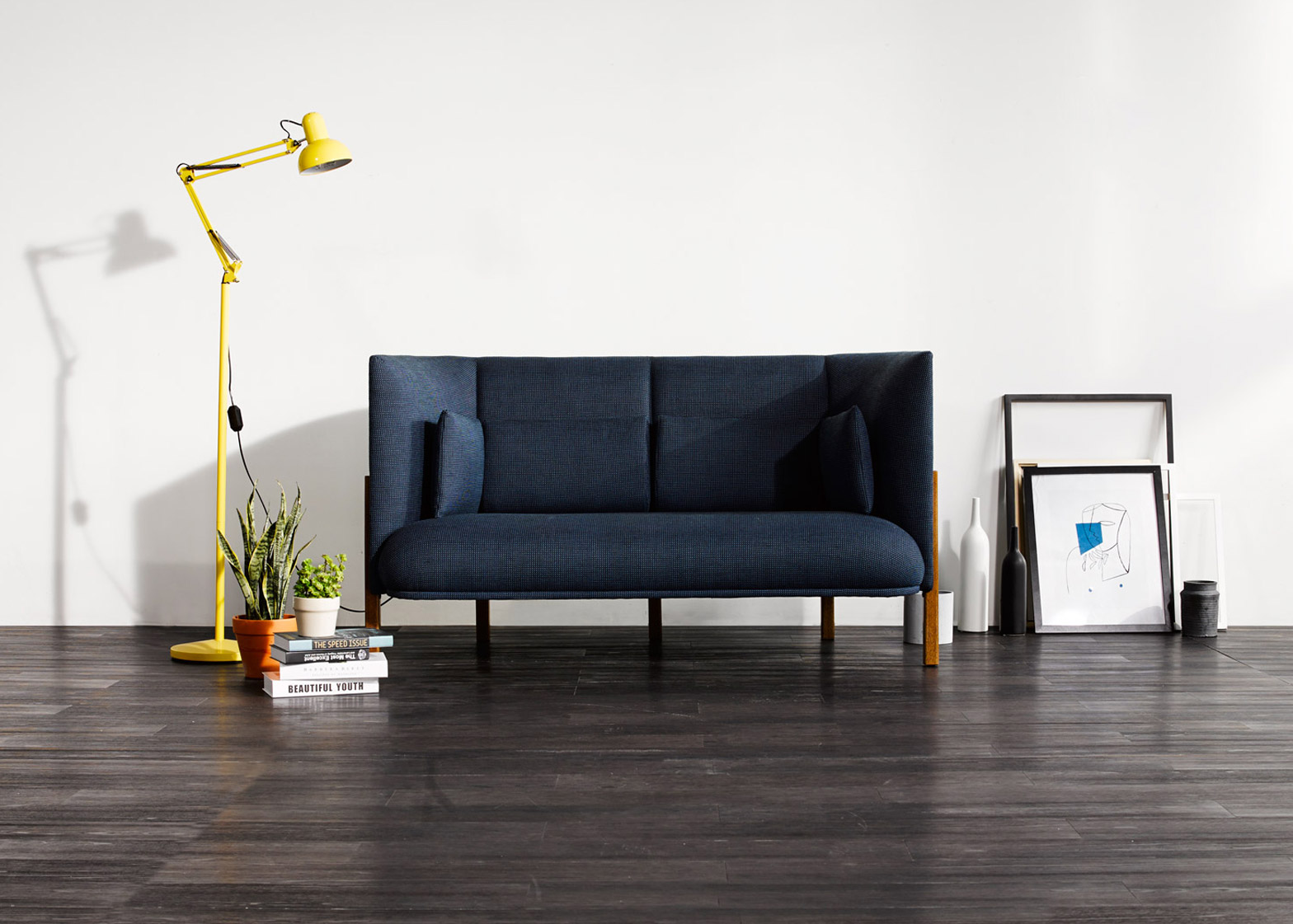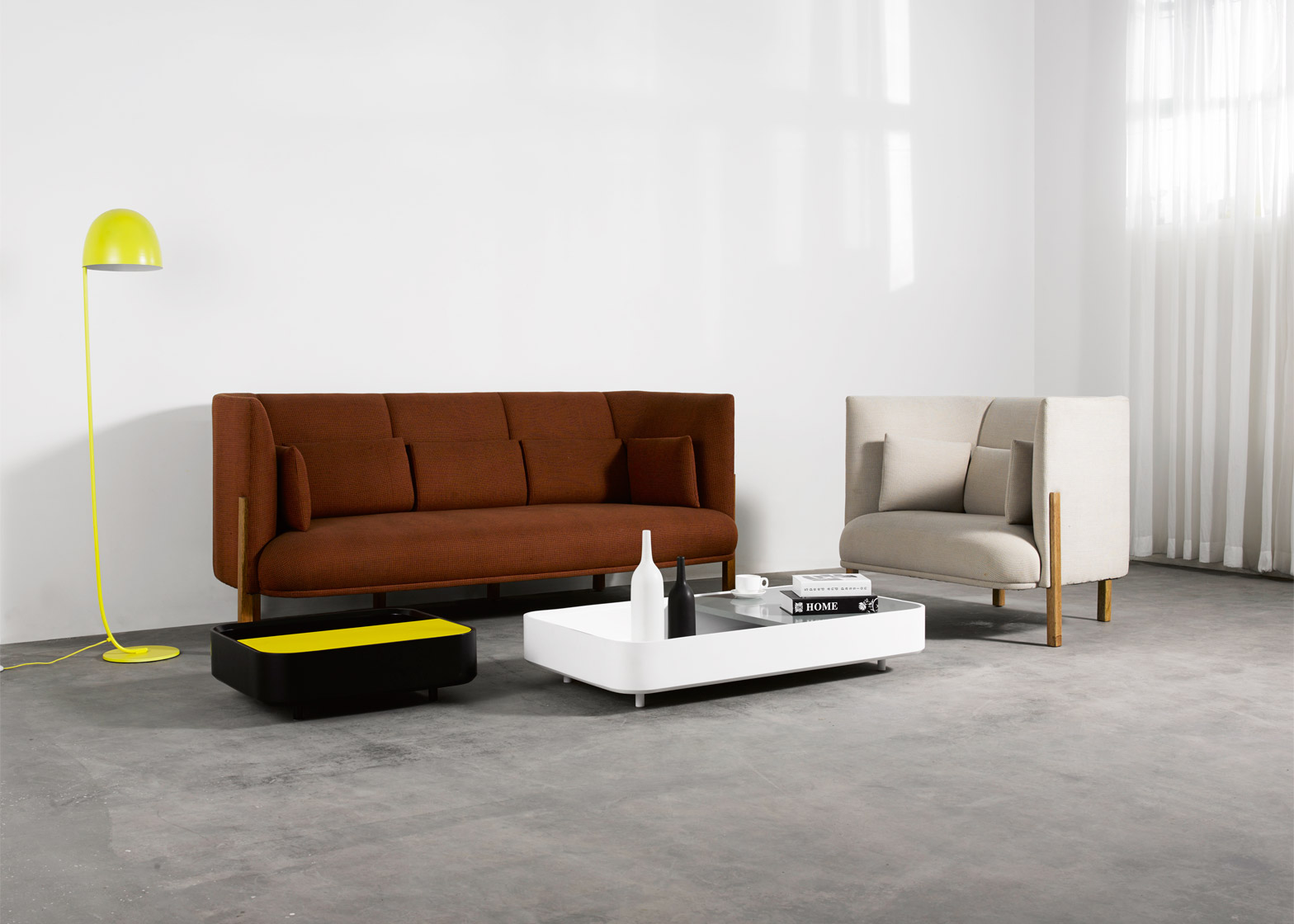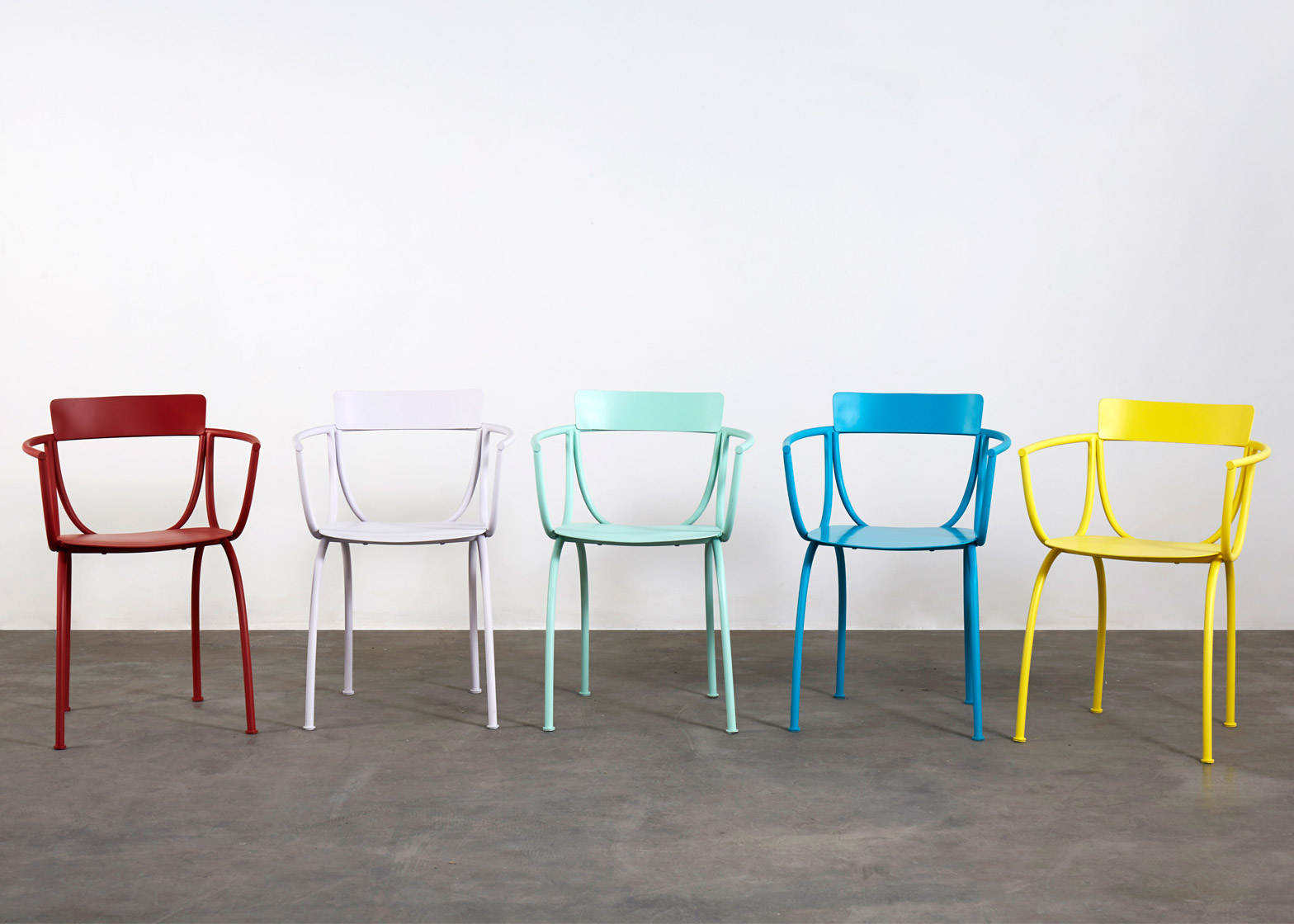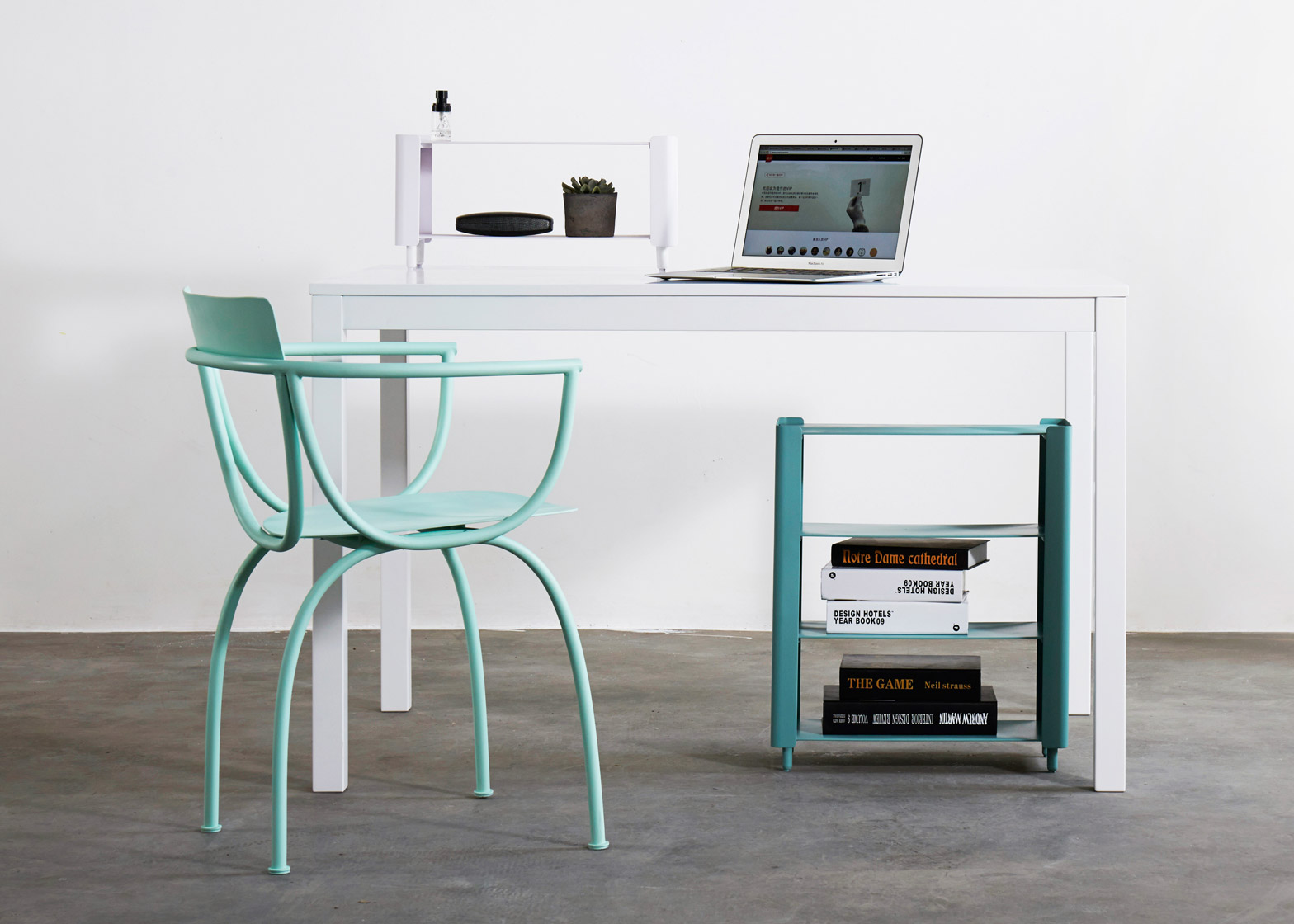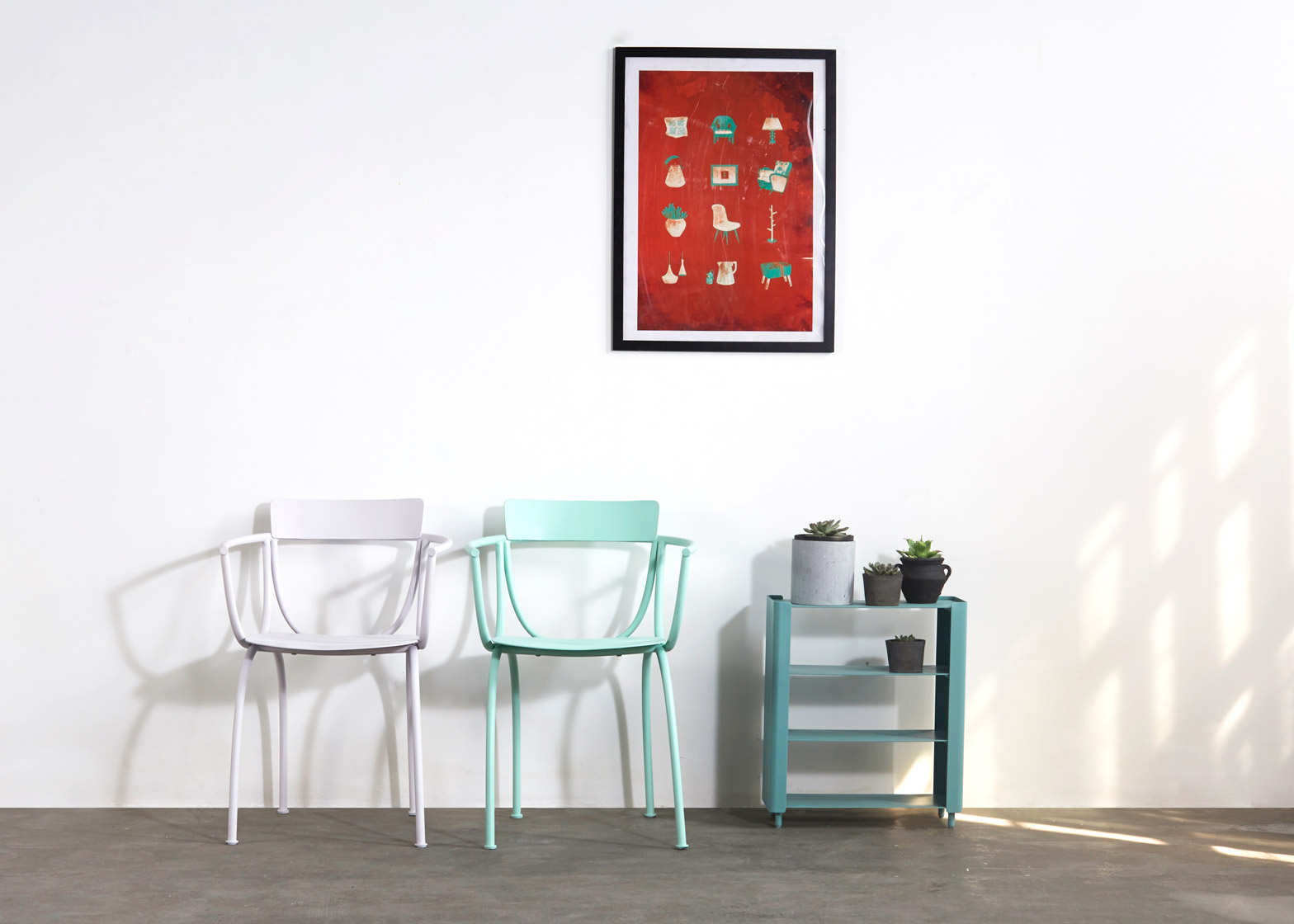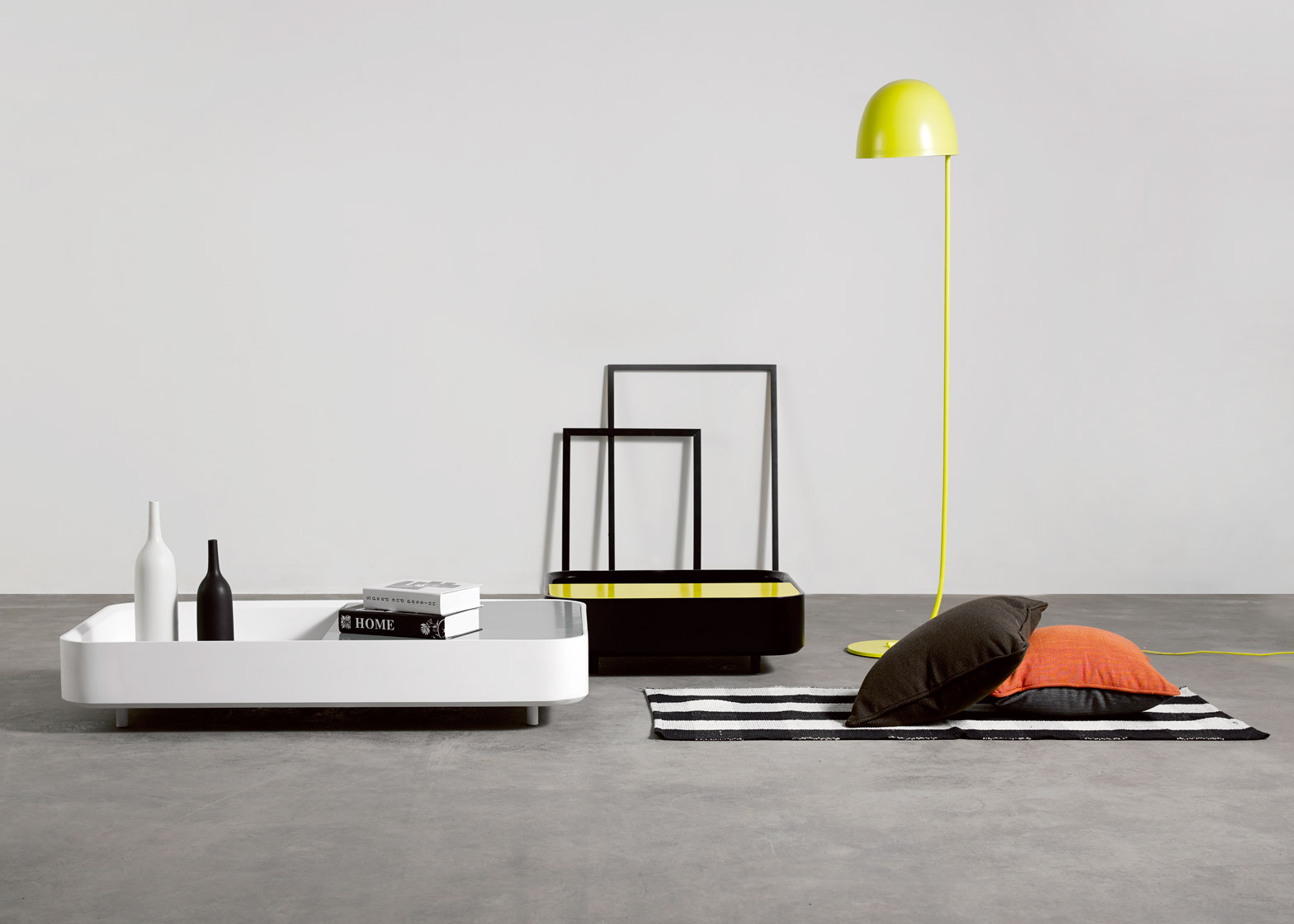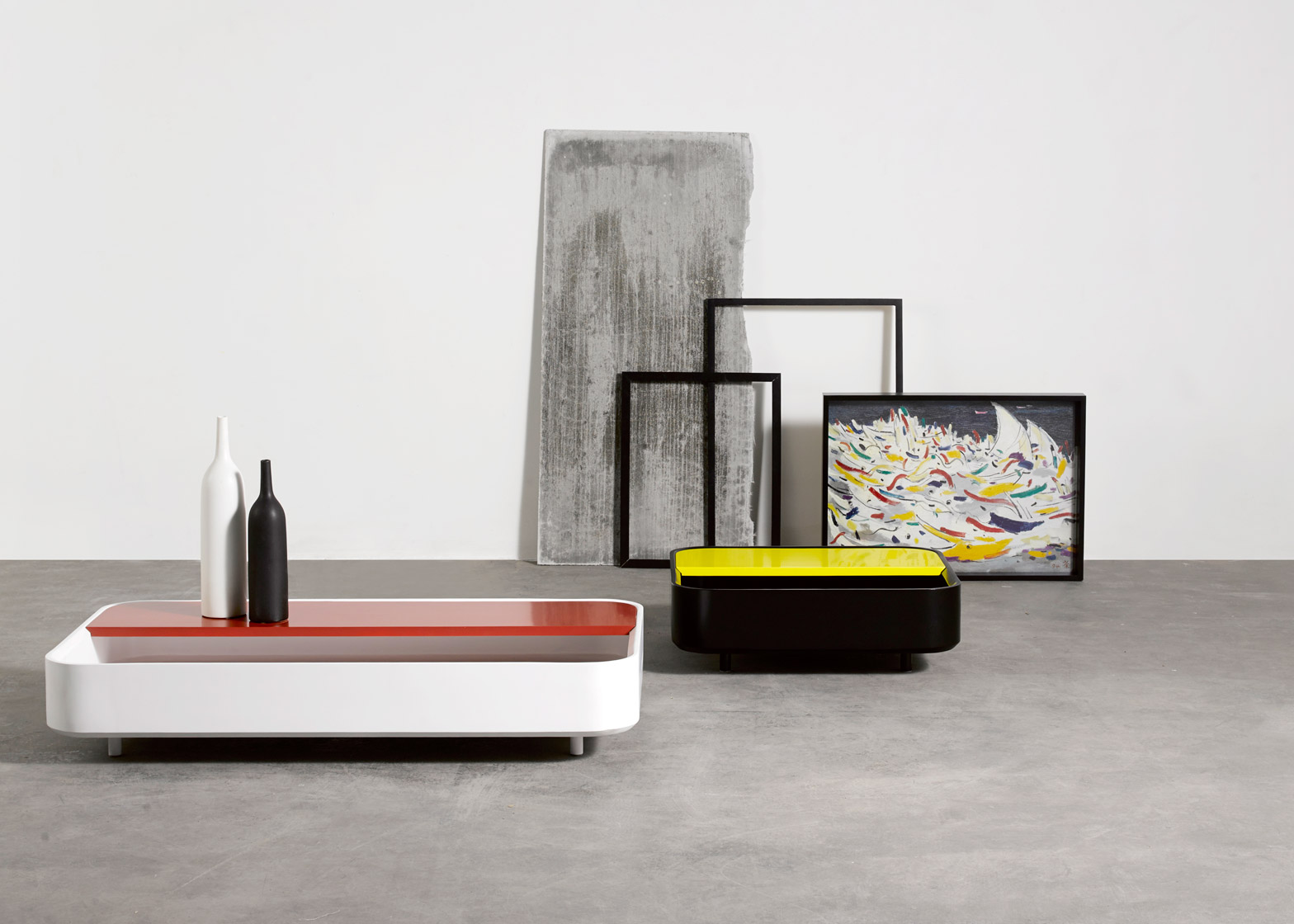Home-grown Chinese design brands will soon be selling affordable products in the west, according to Italian designer Luca Nichetto, who is creative director of Chinese startup furniture brand ZaoZuo (+ slideshow).
Nichetto said that local brands are growing in confidence and sophistication and are learning how to produce high-quality, low-cost products at incredible speed.
"There are a lot of brands that are growing," Nichetto said, adding that they could soon be exporting western-style products to the west.
"With ZaoZuo for example, one of their plans is to first go into the US market and later on move to the European market," he said.
Nichetto said that Chinese brands Stellar Works and Neri & Hu were already exporting to Europe and the USA, but clichéd western ideas about China meant "we don't know too much about what is going on there".
The growing Chinese urban middle class, together with the increasing numbers of young, western-educated Chinese returning to the country, is creating demand for a western lifestyle, Nichetto said.
"What they want is not something that is our interpretation of Chinese taste but they want what we have," he said. "It's like starting from a blank sheet of paper."
However, with access to China's huge manufacturing base and with such a large population to serve, Chinese brands are able to operate at a scale unheard of in the west.
"The volume there is incredible," Nichetto said. "I visited some suppliers there. They told me we were going to visit a small supplier. It had 350 employers. In Europe a small supplier is ten people."
Nichetto added that a new chair in Europe might have an initial production run of 500 units. "In China it's 10,000," he said.
ZaoZuo, which means "design and production," launched at Beijing Design Week last September. The brand is the brainchild of Chinese graphic designer and entrepreneur Shu Wei, who approached Nichetto out of the blue and asked him to be her creative director.
"She moved back to China and she discovered that there was this growing middle class, a new Chinese middle class, but there was no brands working for them," Nichetto said.
Nichetto compared the situation to that of Italy after the second world war, where the newly wealthy middle class fuelled the growth of design brands producing high-quality, expensive furniture and lighting.
The big difference in China, he said, was the low price of the products Wei was planning to launch.
"I could see the quality was very good and when I asked the price, I was completely shocked," he recalled, pointing out that large production runs in China create economies of scale.
"It was super affordable. A three-seater sofa for €400 (£334.35)," he said.
"I started thinking maybe it could be interesting to have European designers working for Chinese companies that only want to sell in China and also to educate the Chinese customers that a copycat is not what they need to have. They can have local design pieces."
Nichetto accepted Wei's offer and invited fellow European designers including Claesson Koivisto Rune, Richard Hutten, Constance Guisset and Noé Duchaufour, Phillipe Malouin and Sebastian Herkner to design products for the brand.
"It's a group of people that I really believe in," he said "Now there are 42 new products in the pipeline."
ZaoZuo, which has grown from 50 to 95 employees in the past year, already sells online is launching physical showrooms in Beijing, Shanghai and Shenzhen.
Nichetto said the strategy was similar to that adopted by Danish brand Hay, which has incidentally recently expanded into China.
"It's working, it's growing, it's not growing like crazy but it's growing and it's very interesting to see also the reaction of the customers," Nichetto said.
Nichetto rejected the commonly held view that Chinese manufacturers struggle to match the quality of the west, pointing out that the iPhone is manufactured in the country.
"Quality is still something that we are working hard on, but I think the problem is not that they aren't able to achieve a kind of quality, the problem for them is to be fast," he said.
"They want really to be fast to sell and if you are too fast you cannot control all the details or what is necessary to have a good product."
Speaking to Dezeen earlier this year, Rolf and Mette Hay of Hay said that Ikea was helping to fuel the demand for western lifestyle products in China.
Ross Urwin, creative director of the Design Shanghai fair, told Dezeen last year that Chinese consumers are becoming increasingly discerning and prefer quality design over cheap copies.



